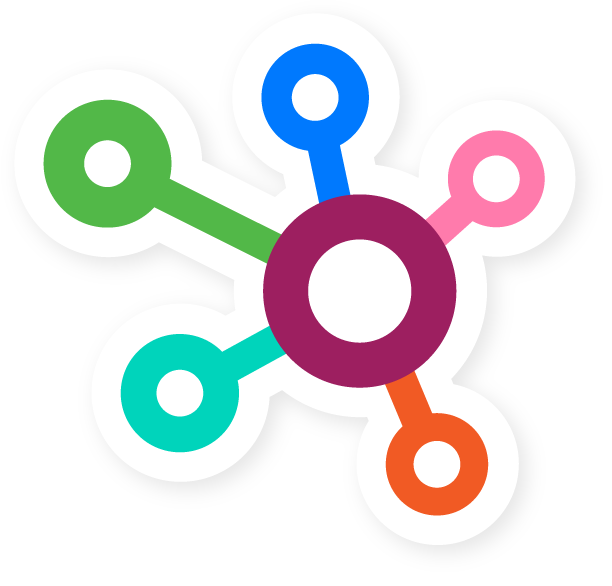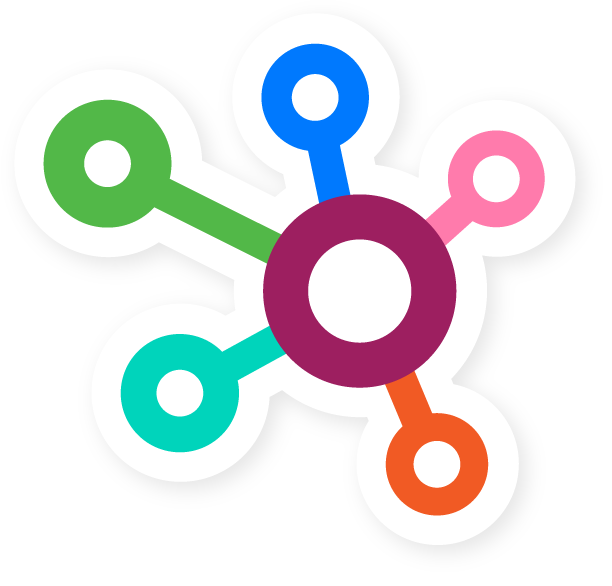Get more customers from online search.
Search Engine Optimization
You have a website – now you need to get leads. But how can your customers find you online if the search engines can’t? That is where our search engine optimization experts and copywriters can help.
"*" indicates required fields
95%
Search console issues resolved
90%
Average SEO score achieved
First step of website marketing is on-page SEO
Organic search generates 20X more traffic than Paid Advertising.
Google states that ROI on organic search is 5.3X versus just 2X from Paid Advertising.
Long Term Value
Boost the page value enduringly instead of just giving it a short-term visibility boost by ads.
Boost Ranking
Google gives higher SERPs to sites with no console errors.
Crawl Better
Helps crawlers understand what your page is offering and in what context.
Improve CTR
Accurate meta info helps users discover your website in search results.
Enhance Your Online Visibility with Expert SEO Services
Your search for SEO services that can elevate your online presence to new heights ends here.Take control of your workday
Recover precious time during your day. With a skilled group of content producers, developers, professionals in the field, and data advisors supporting them, your marketing specialist will transform SEO into a dependable and worry-free marketing avenue for you.
Maximize Your Profits
Achieve the outcomes that leadership desires, whether it's expanding your market presence or generating employment opportunities, with the guidance of our seasoned SEO specialists. Unlock the potential of your business with our SEO expertise and join the ranks of successful companies that have grown their bottom line through our services.
Simplify Your Marketing Approach
Managing an omnichannel marketing strategy has never been more straightforward. Our passionate agency, boasting a team of experts, is here to construct, execute, and oversee your cross-channel strategy on your behalf.
Choose your plan
Essentials
Urban Backyard 1 TownGoal: Own your small town
-
Client Success Manager
-
Reporting
-
Custom Local Strategy
-
Onsite SEO
-
Internal Linking
-
Technical SEO
-
Citation Building
-
Routine Audits
-
Content Silos
-
Monthly Content
-
CRO
-
Conversion Rate Optimization
-
GBP Management
-
GBP Posting
-
And Much More!
Amplify
The Suburbs 2 CitiesGoal: Own a radius around town
-
Client Success Manager
-
Reporting
-
Custom Local Strategy
-
Onsite SEO
-
Internal Linking
-
Technical SEO
-
Citation Building
-
Routine Audits
-
Content Silos
-
Monthly Content
-
CRO
-
Conversion Rate Optimization
-
GBP Management
-
GBP Posting
-
And Much More!
Maximize
Metropolitan Areas 3 Cities or 1 Major CityGoal: Dominate metro areas
-
Client Success Manager
-
Reporting
-
Custom Local Strategy
-
Onsite SEO
-
Internal Linking
-
Technical SEO
-
Citation Building
-
Routine Audits
-
Content Silos
-
Monthly Content
-
CRO
-
Conversion Rate Optimization
-
GBP Management
-
GBP Posting
-
And Much More!
National
Multi-State eCommerceGoal: Broad keyword targeting
-
Client Success Manager
-
Reporting
-
Custom Local Strategy
-
Onsite SEO
-
Internal Linking
-
Technical SEO
-
Citation Building
-
Routine Audits
-
Content Silos
-
Monthly Content
-
CRO
-
Conversion Rate Optimization
-
GBP Management
-
GBP Posting
-
And Much More!
Unlocking Your Business’s Full Potential with Tailored SEO Strategies
Types of SEO Services
On-Page SEO
Website content impacts many aspects of SEO-performance. Search engines have advanced from simply reading copy on a page to being able to understand how combinations of words express different meanings and intent. They are also able to identify images and translate video content. Our On-Page SEO services focus on the overall page experience for users by creating content that matches user intent based on search queries and then optimizing those elements to help search engines understand the full context of a page.
Off-Page SEO
Actions taken outside of your website that influence rankings are referred to as Off-Page SEO. Search engines use signals from outside sources to determine the authority of website pages. These include backlinks from reputable and related websites, online reviews, social media mentions, directory listings, press releases, and other referring sources. Analyzing and contributing to these sources is a key part of driving SEO success.
Technical SEO
How a website functions is also considered by search engines when determining the quality of a site. Mobile usability, page load speed, crawlability are all facets of technical SEO. Technical audits help uncover a variety of issues that can influence a user’s experience when visiting your website. These issues can also impact how search engines access and index parts of your site. Finding and correcting problems on websites can greatly improve how your site ranks and performs on search engine result pages.
We here to help you grow
Got a project?
We are a team of creatives who are excited about helping franchises, emerging brands, and small-to-medium businesses alike expand their digital presence. Through top-notch website design, development, market research, and digital advertising, we propel our clients to new levels of success.



